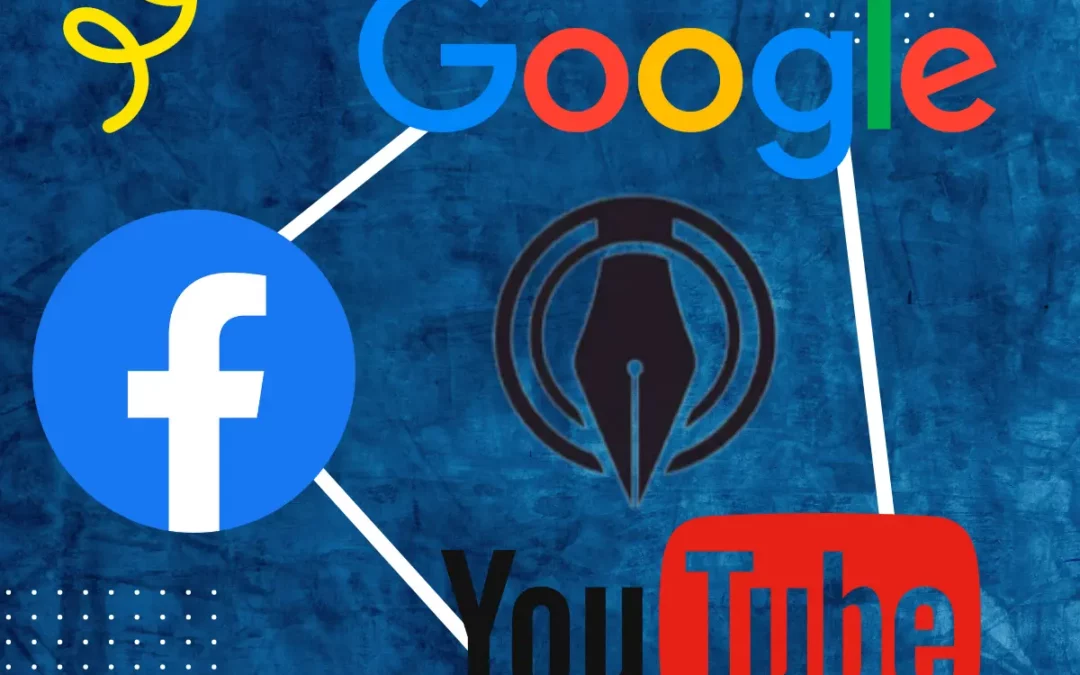Read in : தமிழ்
The Internet has given new hope for news consumers and journalists. The entry barrier in terms of capital cost is low. Unlike in print and television, the investment needed to start and run an online news journalism operation needs to cover only salaries, largely. Unlike established media where business, political and other vested interests loom over editorial content, online offers greater scope for truth telling. Journalism may potentially need just high levels of professionalism and quality to be accepted by news consumers online.
Online news does not pay for itself because consumers have been raised to believe news is free. It’s another matter that neither print nor television news pays for itself.
A quick Internet search reveals that a leading independent news provider such as The Wire makes less than Rs 2 lakh a month from Google Ads although it must be said that the publication likely earns several times more from its YouTube channel. Nevertheless, these would barely cover costs and The Wire, for that reason, seeks support through donations. The Wire’s pages are read or seen some 70,000 times a day.
The Digital News Publishers of India of which The Wire is a member has petitioned the Competition Commission of India saying Google has a monopoly on digital traffic and, consequently, controls traffic. More people are staying with Google search pages instead of clicking out to another website, reducing the opportunities for individual sites to get ads. Google uses news content created by others to earn ad revenue.
It would be a big boost to digital content creators if platforms share a greater portion of the money they make through advertising in the content created by Indian creators. More money going to content creators would mean boosting a source of tax money for the government.
In the last decade, online news was seen as a potentially viable business since digital ad spend was likely to shoot up. Reports from KPMG, Dentsu and Pitch Madison, cited in the Digital News Publishers Association’s petition, show that the share of digital advertising in overall advertising has been increasing year over year. In 2020, it was one third of all ad spend. In 2025, it is expected to reach some Rs 58,000 crore. But it was soon found that the beneficiaries of this increase in digital ad spend were platforms such as Google, YouTube and Facebook, not digital news content creators.
Also Read: How social media has exposed mainstream media pretensions?
It is not clear how much of the digital ad revenue going to platforms is repatriated to the parent companies in the US. Indian operations of foreign companies typically repatriate profits as royalty fees for use of intellectual property.
It would be a big boost to digital content creators in which journalists are a big part if platforms share a greater portion of the money they make through advertising in the content created by Indian creators. It would not only mean more money in the pockets of big media but also independent media. Competition and the presence of independent media would help to balance the news space and serve as a watchdog against bias and slant dictated by vested interests in big media. And, lastly, more money going to content creators would mean boosting a source of tax money for the government.
There have been news reports about the government mulling a law that would ensure platforms share more of their ad revenue from news content creators. But no concrete proposal has emerged yet.
There has been a trend in other countries to introduce such laws. Australia, France and New Zealand have some regulation in place as an intervention measure. The US has pending bills in the Congress on this. These regulations recognize that there is an imbalance between platforms and content creators when it comes to deciding how the revenue should be shared. The Australian Competition and Consumer Commission, for instance, “has separately authorised both Country Press Australia on 5 August 2021, and Commercial Radio Australia on 29 October 2021, to collectively bargain with each of Google and Facebook for remuneration for news content featured on those platforms.” These regulations could offer a model for Indian legislation.
Read in : தமிழ்











